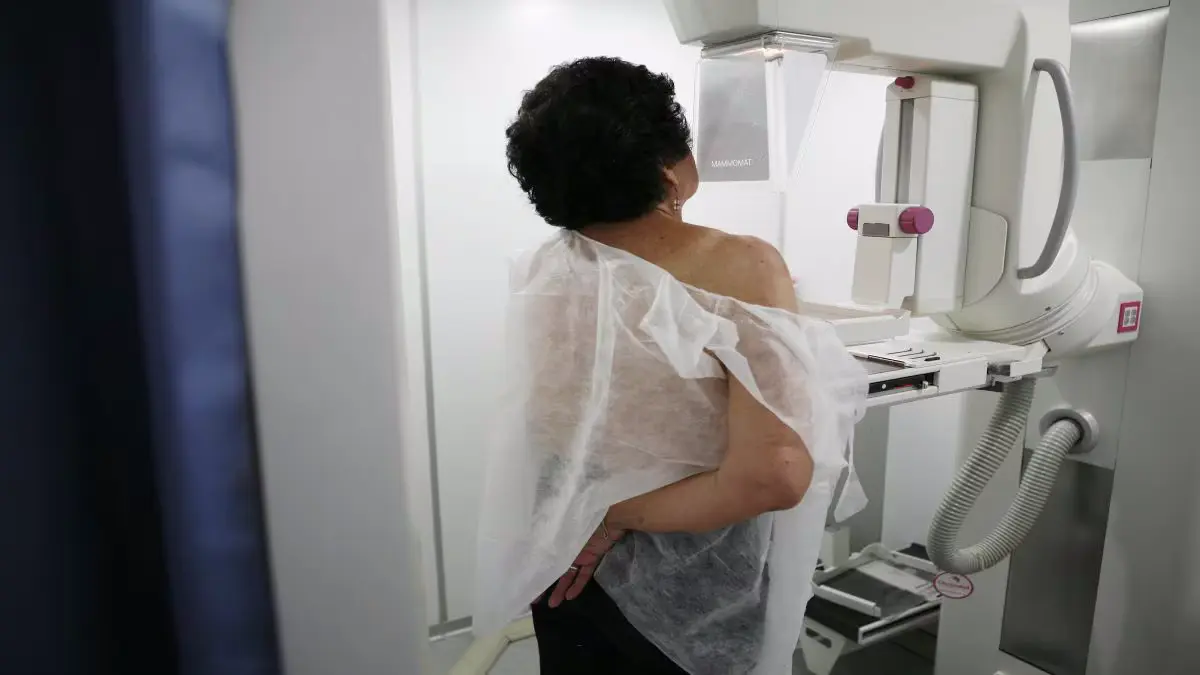A new study has identified a key mechanism used by the SARS-CoV-2 virus to evade host immune systems.
The research is published in the ‘Nature Communications Journal’. Researchers in Japan and the United States have found SARS-CoV-2 can knock out an important molecular pathway linked to an immune complex called MHC class I. The finding should help scientists better understand how COVID-19 infection takes hold.
“Our discovery reveals how the virus can evade the human immune defence system and might help to explain why the pandemic has been so severe,” said Hokkaido University and Texas A&M University immunologist Koichi Kobayashi, who led the study.
“The mechanisms we identify may provide new molecular targets for drug discovery,” Kobayashi added.
The scientists used a bioinformatics approach to look at how SARS-CoV-2, the virus that causes COVID-19, changed gene expression in the immune systems of COVID-19 patients compared to uninfected individuals. This is a useful way to look into the function of complicated cell signalling pathways that trigger immune responses to fight off harmful bacteria and viruses.
MHC (major histocompatibility complex) class I molecules are a central weapon in the immune response against viruses. When a virus infects a cell, the cell facilitates the expression of viral antigens on the surface of infected cells, drawing the attention of immune cells called cytotoxic T cells. These immune cells zero in on and destroy the infected cells, together with the invading virus inside them.
In addition to analysing gene expression in COVID-19 patients, the research team also infected human cell lines with the SARS-CoV-2 virus to validate their findings.
The results showed that a protein from the SARS-CoV-2 virus, called ORF 6, suppressed a host cell protein, called NLRC5, responsible for activating the MHC class I pathway.
The study showed this happens in two ways. ORF6 hampered cell signalling, which turned off the expression of NLRC5. ORF6 also blocked the function of NLRC5.
Other infectious viruses, including HIV and MERS, are known to also target the MHC class I pathway. Researchers believed that SARS-CoV-2 probably did as well, but this study is the first to unravel the mechanism.
“Without the activation of the MHC class I pathway, viruses in the infected cells are essentially hidden from the immune system. That helps to explain why SARS-CoV-2 virus persists in the body and why it keeps infecting others, leading to the pandemic,” Kobayashi said. The research is published in the ‘ Nature Communications Journal’.






















